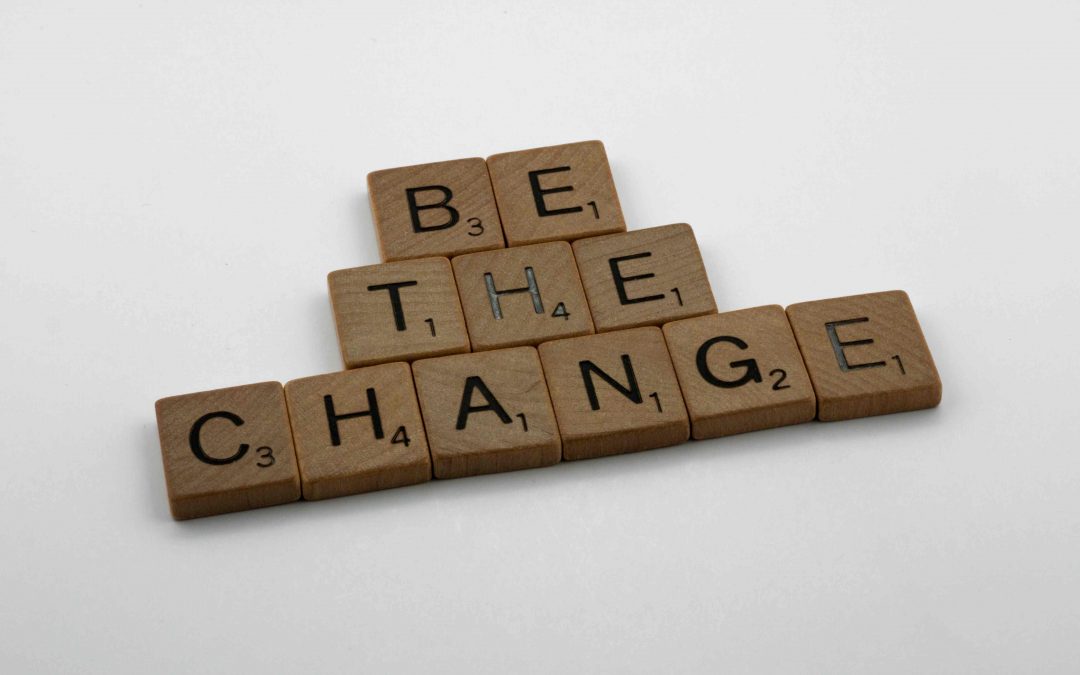Conversations about responsibility have increasingly come up with my coaching clients. When they do, I remind them that each choice matters and that, vitally, they are entirely responsible for each choice they make. Some allow that sense of responsibility to overwhelm them, while most clients and I see the challenge as good news.
If I trust in my ability (and I do), embracing responsibility means I’ll get the job done. It only becomes an issue when that trust is lacking. And so, the threshold first step is learning how to trust yourself.
Self-trust begins with small action steps and a commitment to follow through one at a time. If you have a habit of letting yourself down by making promises you don’t keep, start small. Once you get good at following through with small action steps, you can set bigger ones. Maintain this process, one action step at a time, until you become reliably accountable to yourself. You can have a friend be your accountability partner, much like a coach would do for you.
The second responsibility conversation that has come up these last few weeks is with clients who are mothers of grown children. Most women are people pleasers and over givers who grew up believing that love means doing everything for loved ones.
I see this repeatedly. My clients see themselves as supermoms. Their kids in turn see them as superwomen. My mom clients thrive on being important to their kids and are completely “other-referenced.” They feed on family accolades. They love being seen as “go-to, do-it-all” women.
There are multiple problems with this.
For one, a mother should feel worthy for herself and not for her deeds. She should prioritize her needs, which is what she should mirror to her children. When the mother over assumes responsibility for her family and friends, she relegates responsibility for herself to the back burner.
Think of responsibility as a pie with only so much to go around. In addition to neglecting her own needs and self-care, she is robbing others of the know-how to support her. Over time, this pattern creates a victim identity, as the family expects her to fill that role and doesn’t shower her with the accolades she thinks she deserves or provide help with her needs. It can be depleting.
The larger issue is how moms hijack responsibility from their children, which steals their chances to learn how to take responsibility for themselves, denying them precious opportunities to become their own superpower. The children may see their parents as confident and capable, but they haven’t learned that for themselves. And how can they, when a parent is forever doing for them?
In coaching clients to address this, I consistently encounter an instinctive resistance to cut the mother-child cord and end co-dependency. The mom feeds on being seen as confident and capable and the child on needing mom because they lack the confidence to do things without her.
If you recognize yourself in this description, don’t beat yourself up; it’s not uncommon. Learn from it. It often seems in the short run easier to do everything for your kids rather than sit back and watch them struggle or yes, fail. Believe me, I know. Do as I say not as I Did!
I was a supermom for most of my kids’ lives. I am now a reformed supermom. I hung up my cape a few years ago. I recognize how essential it is for my kids to experience personalized ups and downs, and as hard as it is, I have learned to watch them find their own ways out of drama. I want my grown children, as well as my grandchildren, to learn and embrace resilience, which means suffering and failing and falling (forward). That bumpy path will strengthen them, fuel their individual growth, and improve their relationships. They will learn to mother and father themselves and become their version of a superpower. This is my hope for all our children.
In love and light,
Nancy
